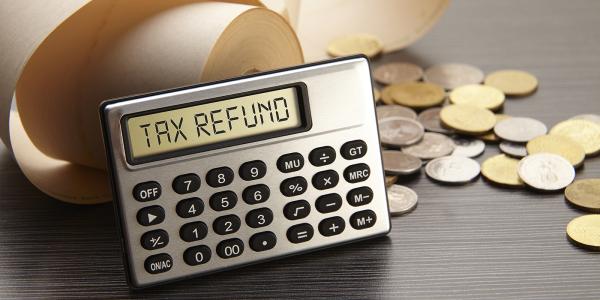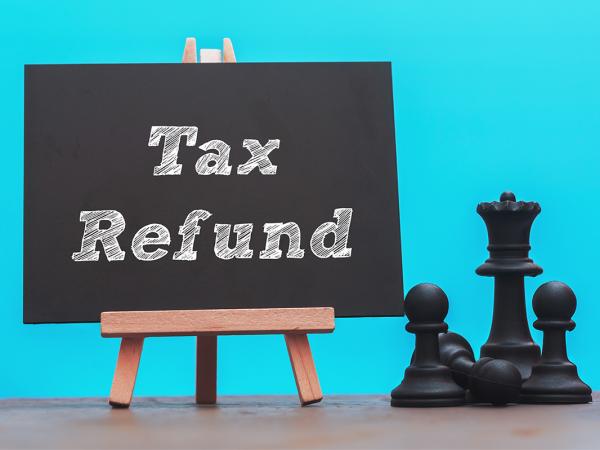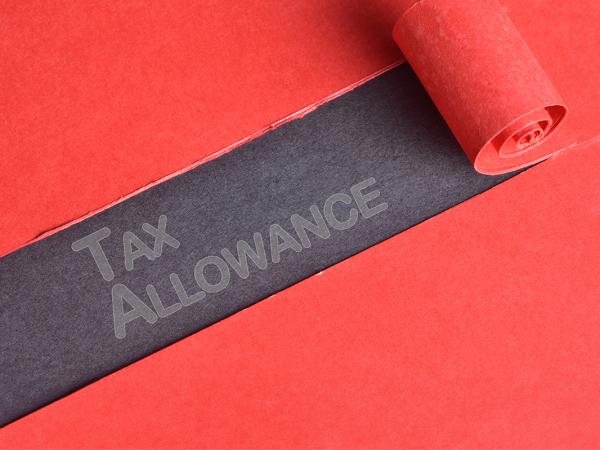Marriage allowance tax refunds
The marriage allowance has been available since 6 April 2015. Some couples are only just becoming aware of the marriage allowance. The good news is that claims can be backdated for up to four years.

Content on this page:
Overview
The marriage allowance allows an individual to give up 10% of their personal allowance to their spouse or civil partner. 20% of this allowance is then given as a reduction in the recipient’s tax bill. This can result in anything up to a £252 tax saving for the couple.
There are various criteria to be met. You can find more information about the marriage allowance on our page Marriage allowance (transferable tax allowance).
Refunds
The marriage allowance was introduced in April 2015. You can claim to give up the personal allowance for 2020/21 and subsequent tax years, even if you didn’t do it at the time. It is no longer possible to make a claim for tax years prior to 2020/21.
You will only get the full benefit if the person giving up the allowance is not using it AND the person receiving the tax reduction can use it.
This can result in the couples being able to make the following tax savings:
- 2023/24 tax year: the personal allowance was £12,570, meaning £1,260 can be given up (maximum £252 tax saving).
- 2022/23 tax year: the personal allowance was £12,570, meaning £1,260 can be given up (maximum £252 tax saving).
- 2021/22 tax year: the personal allowance was £12,570, meaning £1,260 can be given up (maximum £252 tax saving).
- 2020/21 tax year: the personal allowance was £12,500, meaning £1,250 can be given up (maximum £250 tax saving).
You need to meet the criteria in respect of each year you apply for the allowance.
How to claim
The person giving up part of their personal allowance needs to make the claim and as part of doing this, can make claims for earlier years also. It will be necessary to include the National Insurance number of the recipient spouse or civil partner as part of the claim.
There is a relatively straightforward online facility to do this on GOV.UK, that you can use for free. To use it, you need to have a Government Gateway user ID and password.
If you cannot claim online, you can contact HMRC by phone or post to make the claim.
For prior years, the spouse or civil partner receiving the marriage allowance will receive a refund cheque from HMRC. For the current tax year and going forward, both partner’s tax codes will be amended to give effect to the marriage allowance. For the self-employed and others in self assessment, the marriage allowance will be dealt with as part of the self assessment tax return.
It is always worth checking your self assessment calculation carefully to make sure that the marriage allowance claim has been processed properly.
If your circumstances change, such as you divorce or you or one spouse becomes a higher rate taxpayer, you should let HMRC know as you will no longer be eligible for the marriage allowance.
Tax refund companies
There are plenty of organisations which offer to make the marriage allowance claim for you, but they will usually take a fee from any repayment you get. As has been reported in the press and by consumer groups, some of these organisations can act unscrupulously and it is important to be on guard. Our page of guidance on Tax refund companies tells you more.
It is particularly important to be aware that sometimes you may think you are dealing directly with HMRC but are dealing with one of these commercial organisations.
More information
There is information about the time limits for making tax refund claims generally on our page Tax refunds.



